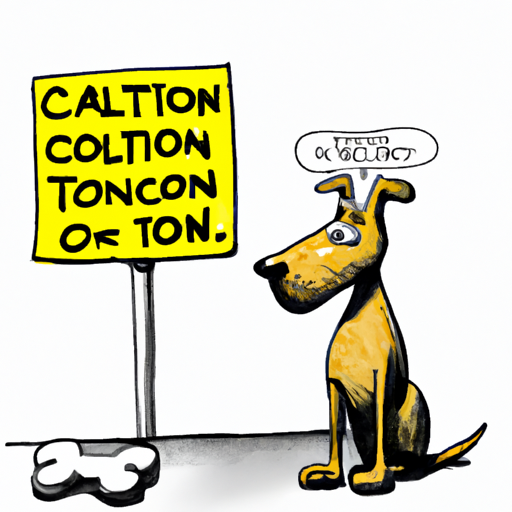The bond between humans and dogs is deep-seated and unadulterated. As a caregiver, you naturally want the best for your furry friend. Feeding your dog might seem straightforward, but there’s a common misconception that dogs can eat everything we do, including bones. In this piece, we will explore why cooked bones are bad for your dogs.
1. The Risk of Bones Splintering
Cooked bones, contrary to popular belief, are potentially dangerous for your dogs. When bones are cooked, they become brittle. This brittleness leads to the bones easily splintering when chewed.
Imagine your dog chewing on a cooked bone. The bone shatters, producing sharp, jagged pieces. These fragments pose a threat to your pet’s health, with possible outcomes including:
- Oral injuries
- Choking
- Internal blockages
- Perforations in the digestive system
2. Nutritional Misconceptions About Bones
The perception that bones are packed with nutrition is a misleading one. Bones, especially cooked ones, do not provide the nutritional benefits that you might think. In fact, the nutrients that bones do contain are not easily absorbed by your dog’s digestive system.
| Nutrient | Availability in Bones | Absorption by Dogs |
|---|---|---|
| Calcium | High | Low |
| Phosphorus | High | Low |
| Protein | Low | High |
3. Safer Alternatives to Bones
As a caregiver, your priority is to keep your dog safe and healthy. So, it’s important to know about safer alternatives to bones. Here are some options:
- Quality Commercial Dog Foods: These foods are often nutritionally balanced and vet-approved.
- Dog Chew Toys: Designed to withstand your dog’s biting and chewing, these toys are a safe alternative to bones.
- Healthy Homemade Treats: Homemade treats made with vet-approved ingredients can satisfy your dog’s urge to chew, while keeping them safe.
4. Professional Advice on Dog Nutrition
When it comes to your dog’s nutrition, nothing beats professional advice. Veterinarians and dog nutritionists have the knowledge and experience to guide you through your pet’s dietary needs. They can provide personalized advice based on your dog’s age, breed, size, and health condition.
5. Frequently Asked Questions (FAQs)
Q: Can dogs eat raw bones?
A: Some vets suggest raw bones are safer than cooked ones, but they still carry risks such as bacterial contamination and choking.
Q: Are some bones safer than others?
A: Generally, weight-bearing bones of larger animals are harder and may pose less risk of splintering. However, they can break dogs’ teeth.
Q: What should I do if my dog eats a cooked bone?
A: Keep an eye on your dog for signs of distress and contact your vet immediately if you notice anything unusual.
In conclusion, while it might be tempting to toss your dog a bone from your dinner, it’s best to refrain. Cooked bones pose more risks than benefits for your beloved pet. As a responsible caregiver, opt for safer alternatives and always seek professional advice for your pet’s nutritional needs.



